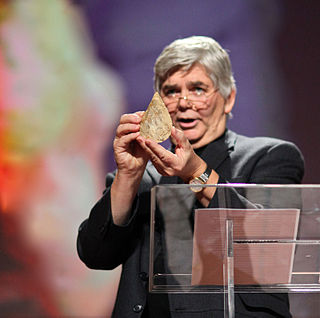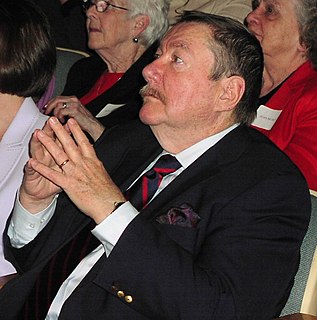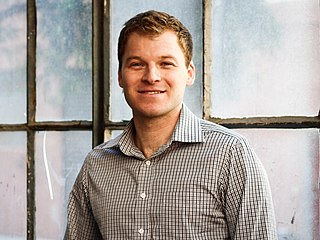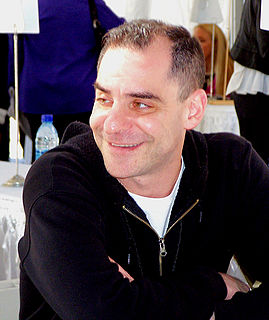A Quote by Celeste Ng
I am not a contest-enterer by nature. But contests - and their entry fees - are often the main way literary journals raise money to, you know, publish their issues. So entering contests helps support the journal, which also helps support the writers they publish.
Related Quotes
So the aim for the press was a mixture of things: to publish under-represented writing, which is an intersection of original language, style, content, and often its author's gender. To publish it properly, in a way that makes it clear that this is art, not anthropology. To spotlight the importance of translation in making cultures less dully homogenous.
But it's clear to me that us slow-poke writers are a dying breed. It's amazing how thoroughly my young writing students have internalized the new machine rhythm, the rush many of my young writers are in to publish. The majority don't want to sit on a book for four, five years. The majority don't want to listen to the silence inside and outside for their artistic imprimatur. The majority want to publish fast, publish now.
I do a fair bit for children's charities. The big ones I support in Liverpool are Zoe's Place Baby Hospice, and Claire House Children's Hospice. I donate money and time but the time is what they value the most. If my inclusion at any event they're doing, helps them to raise more money, then of course I'll be there.
WikiLeaks does not publish from the jurisdiction of Ecuador, from this embassy or in the territory of Ecuador; we publish from France, we publish from, from Germany, we publish from The Netherlands and from a number of other countries, so that the attempted squeeze on WikiLeaks is through my refugee status; and this is, this is really intolerable. [It means] that [they] are trying to get at a publishing organisation; [they] try and prevent it from publishing true information that is of intense interest to the American people and others about an election.







































